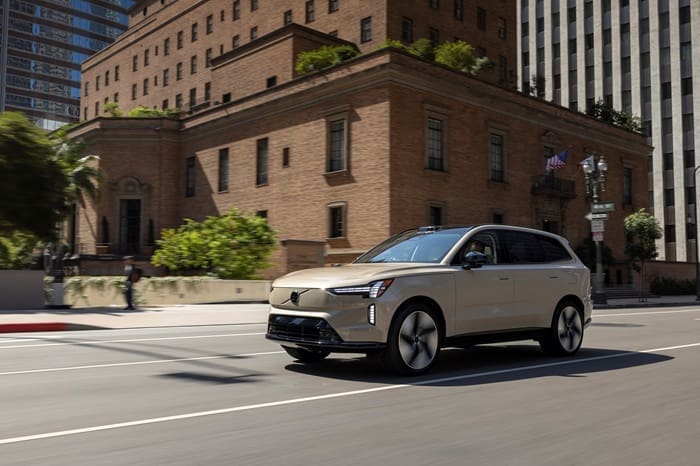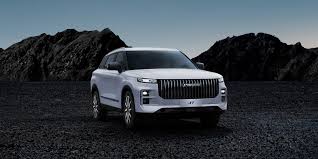South Africa’s premium car market is undergoing a historic shift as Audi, BMW, and Volvo scale back dealerships – raising the question: Will they pivot to online sales?
The move mirrors a worldwide push toward direct-to-consumer (DTC) sales.
In the US, Volkswagen’s Scout Motors will bypass dealers entirely when its electric vehicles (EVs) launch in 2027, sparking backlash from traditional retailers like Marc White.
According to a Bloomberg report, second-generation car dealer White faced rejection when he proposed building a $10 million showroom in South Carolina, USA, to sell Volkswagen’s new EV line.
White, who hoped to be among the first retailers for the vehicles, discovered Volkswagen AG plans to bypass traditional dealers entirely for its Scout Motors brand, selling directly to consumers when the electric pickups and SUVs launch in 2027.
Now fighting back, White has testified to state legislators that this direct-sales model threatens the livelihoods of his 150 employees
Legacy automakers like Honda are also testing online reservations for EVs, with CEO Shugo Yamaguchi calling the process “a breeze”.
SA’s Shrinking Premium Dealerships

-
BMW has reduced its SA dealerships from 55 (2015) to 46 (2024).
-
Volvo will slash its network from 19 to just 7, citing electrification and digitalisation.
-
Audi blamed economic pressures – high inflation, interest rates, and rand weakness – for its restructuring.
- Recent reports suggest German luxury cars (BMW, Audi, Mercedes-Benz) are becoming scarce in smaller South African towns, except in mining communities where disposable income remains high.
- Verification via BMW South Africa’s dealer locator and Mercedes-Benz SA’s network map confirms reduced rural dealerships, with most now clustered in major cities and mining hubs like Rustenburg, Emalahleni.
- In 2014, Mercedes-Benz achieved strong sales in South Africa, moving 28,993 units. However, by 2024, sales had dropped sharply by 82%, with only 5,048 units sold. Audi saw a similar downturn, with a 70% decline, while BMW and Mini combined recorded a 50% decrease in sales over the same period.
Will South Africans Buy Cars Online?
Globally, online car sales are booming:
Yet, challenges remain. Dealers are protected by franchise laws in many markets, and some buyers still prefer test drives.
However, with 95% of car shoppers researching online, brands may have no choice but to adapt.
The Future: Virtual Showrooms & Chinese Competition

As Chinese brands like Haval and Chery expand in smaller South Africa towns, premium automakers could use online sales to cut costs and compete.
Physical dealerships may soon focus on used cars and Chinese brands, while new premium models are sold via virtual showrooms and home deliveries.
What about mass-market players?
VW, Ford and Toyota dominate South Africa sales but rely heavily on dealers. If premium brands succeed online, could they follow?
One thing is clear: The way South Africans buy cars is changing – fast.

Crédito: Link de origem

